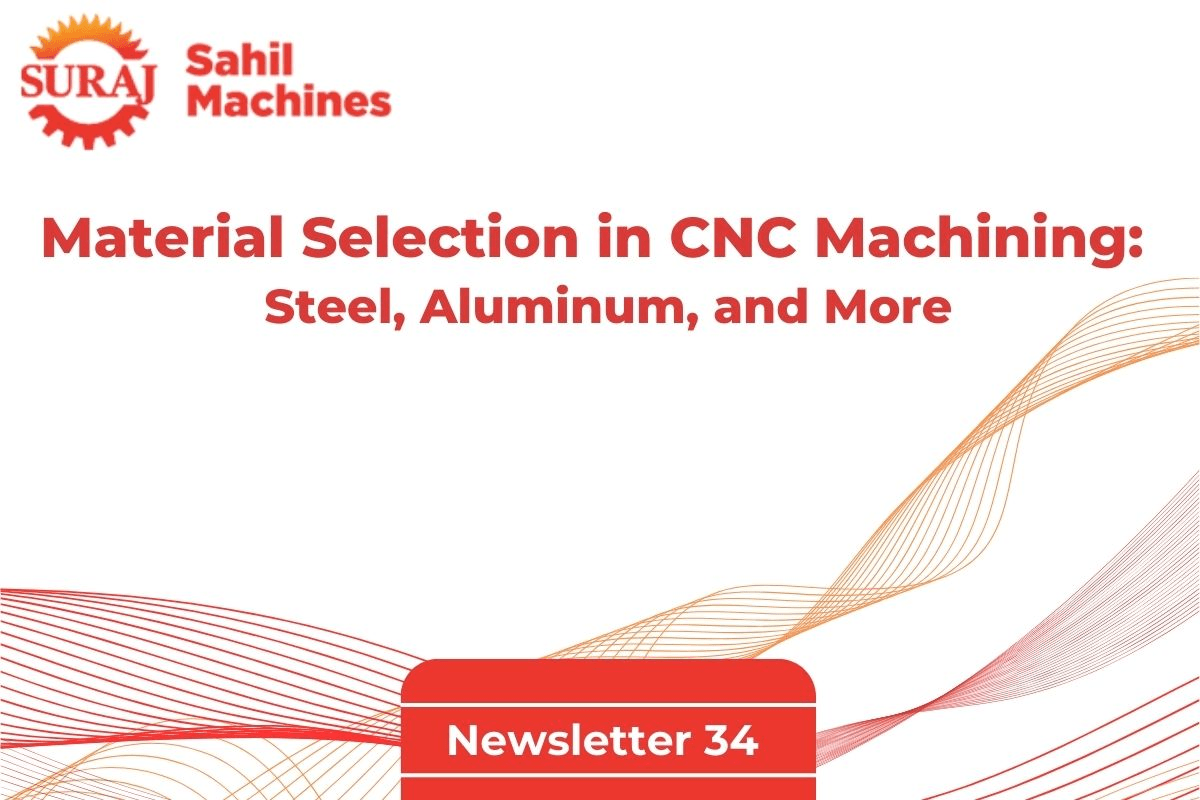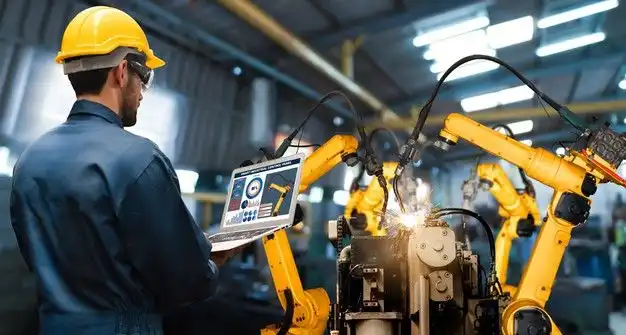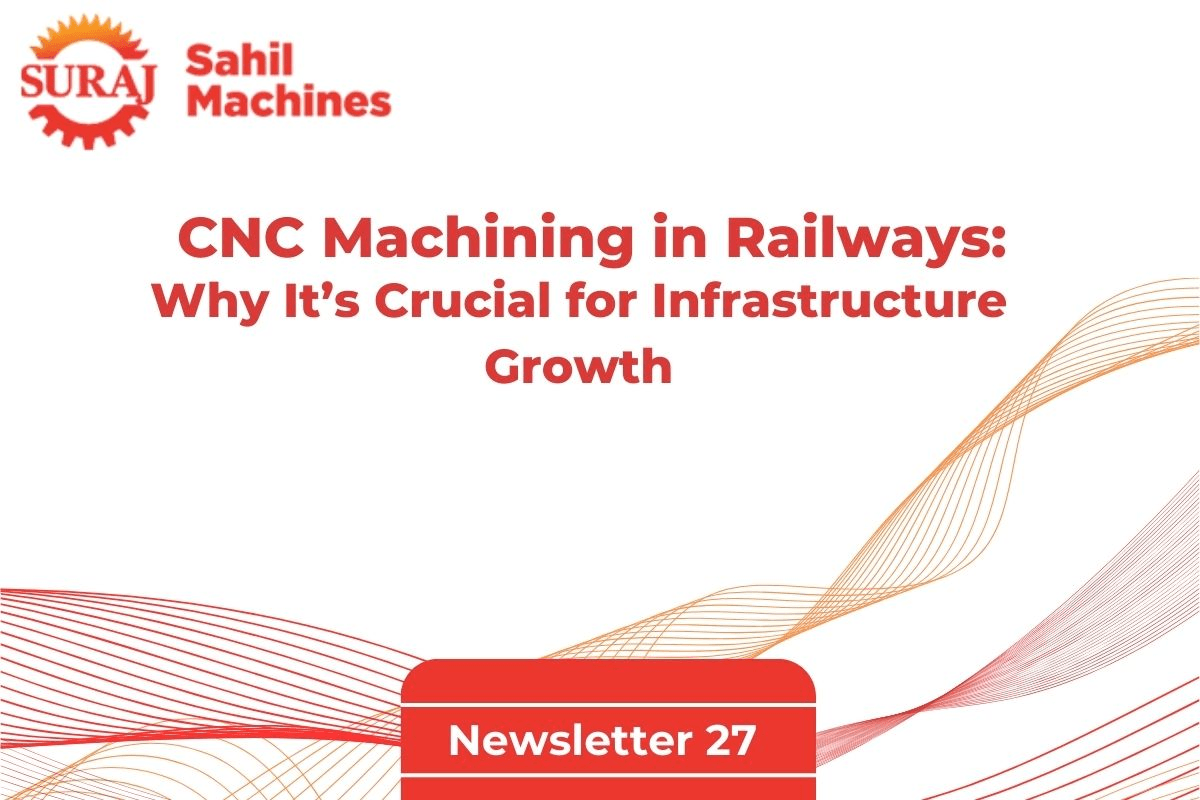The Role of CNC Machining in Heavy Engineering
Introduction CNC (Computer Numerical Control) machining has revolutionized heavy engineering by enhancing precision, efficiency, and scalability. Industries such as aerospace, shipbuilding, power generation, and construction rely on CNC machining for fabricating large, complex, and high-tolerance components. With the integration of automation and multi-axis machining, heavy engineering is undergoing a significant transformation.

- Precision & Efficiency in Large-Scale Manufacturing
Heavy engineering projects demand extreme precision for safety and performance. CNC machining ensures: Micro-level accuracy in massive structures like turbines, pressure vessels, and machine frames.
Faster production cycles with reduced manual intervention. High repeatability for bulk manufacturing of heavy-duty components.

-
The Rise of Multi-Axis CNC Machines Conventional 3-axis machining is no longer sufficient for heavy engineering applications. 5-axis and multi-axis CNC machines have become the industry standard, offering: Reduced repositioning of large workpieces. Complex geometries machining with higher precision. Shorter lead times, increasing overall productivity.
-
CNC Automation in Heavy Industries Automation is reshaping how industries handle large-scale machining. Lights-out manufacturing is now feasible, allowing 24/7 operations with minimal human intervention. Key advantages include: Robotic material handling for heavy components. IoT-based predictive maintenance to reduce machine downtime.


Enhanced quality control with AI-driven monitoring systems. 4. Hybrid CNC Machining: CNC + Additive Manufacturing Heavy industries are now integrating CNC machining with 3D printing to enhance production efficiency. Hybrid machining offers: Reduced material waste, improving sustainability. Stronger, lightweight components ideal for aerospace & defense. Faster prototyping, speeding up R&D cycles in industrial machinery. 5. Sustainability & Energy Efficiency in Heavy CNC Machining Sustainability is becoming a key factor in heavy engineering, with governments pushing for eco-friendly manufacturing processes. CNC machining contributes to sustainability through: Energy-efficient motors, reducing power consumption by 20-30%. Water-based coolants, minimizing chemical waste. Metal chip recycling, cutting down material costs.
- Global Expansion of CNC in Heavy Engineering Countries like India, China, and Brazil are emerging as global CNC machining hubs for heavy industries, thanks to government initiatives and industrial growth. Key trends driving expansion: Cost-effective CNC production compared to Western markets. Government incentives for industrial automation. Surge in infrastructure & power sector investments.

Conclusion CNC machining is at the core of heavy engineering, enabling industries to achieve unmatched precision, automation, and efficiency. As advancements in AI, IoT, and hybrid manufacturing continue, the future of CNC machining in heavy industries looks more promising than ever. Sahil Machines is leading the way in high-precision CNC solutions tailored for heavy engineering industries worldwide. Visit us:www.sahilcnc.com For inquiries: info@sahilcnc.com Follow Sahil Machines for the latest CNC industry trends!



































Get in touch with us about anything.
Connect with our team to explore the alloy solutions and machinery expertise you need.

